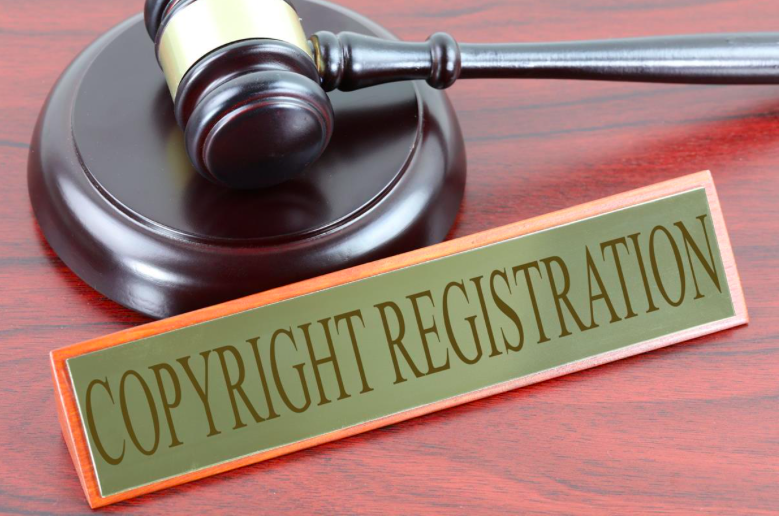The European Parliament has voted in prefer of regulation which can make stronger online copyright laws at the expense of artists and other content creators, critics worry. Two weeks in the past, heaps of protesters marched across Germany in staunch opposition to the Copyright Directive and its debatable segment called Article thirteen, which makes online systems like Google, Facebook, YouTube, and Twitter chargeable for user-generated content which could violate current copyrights. Another part of the regulation, referred to as Article eleven, ought to make websites like Google News accountable for paying publishers for the use of snippets in their content material.
Critics have characterized the invoice as some distance overreaching in its attempts to reform the net’s libertine characteristics. Tech companies have warned that Article 13 will pressure the implementation of high-priced “add filters” on user-generated content material, which has already got popularity for terrible parsing abilities between actual violations and truthful use privileges (e.G., For commentary, criticism, parody, information reporting, research, and scholarship). Contrary to shielding customers’ rights, internet activists say those measures would flip large social media companies into censors and harm freedom of expression.

Advocates for digital reform have repelled such criticisms. Germany’s Axel Voss portrayed these court cases as “fake news” to the Guardian. A member of the European Parliament informed the book that the regulation “will now not give up the internet.” Record labels, artists, and a few media agencies have also come to the law’s protection, saying that the up-to-date copyright protections will make sure that they may be pretty paid for his or her content.
“Article 13 says that if you have a website that permits customers to put up content material, then you are answerable for ensuring that content material is not infringing on copyright,” explained Columbia Law School’s Philippa Loengard to Hyperallergic over the cellphone. “And if it is, you then need to ensure it’s taken down.”
Loengard is a highbrow assets regulation professional specializing in issues surrounding the visible arts and amusement industries as deputy director of Columbia’s Kernochan Center for Law, Media, and the Arts. She believes the Copyright Directive has “excellent provisions for artists,” some of which have gone unmentioned in media reports.
“It gives artists with more records, more possibilities for remuneration, and more probabilities that their work will now not be misappropriated or used without their information,” Loengard said. “Many artists don’t like going to court docket because it’s costly. [Content platforms] will provide non-court treatments to artists, like opportunity dispute decision options. And if you’ve licensed something and were given disproportionately low remuneration, you’ll have a chance to renegotiate.”
